Edition 2016
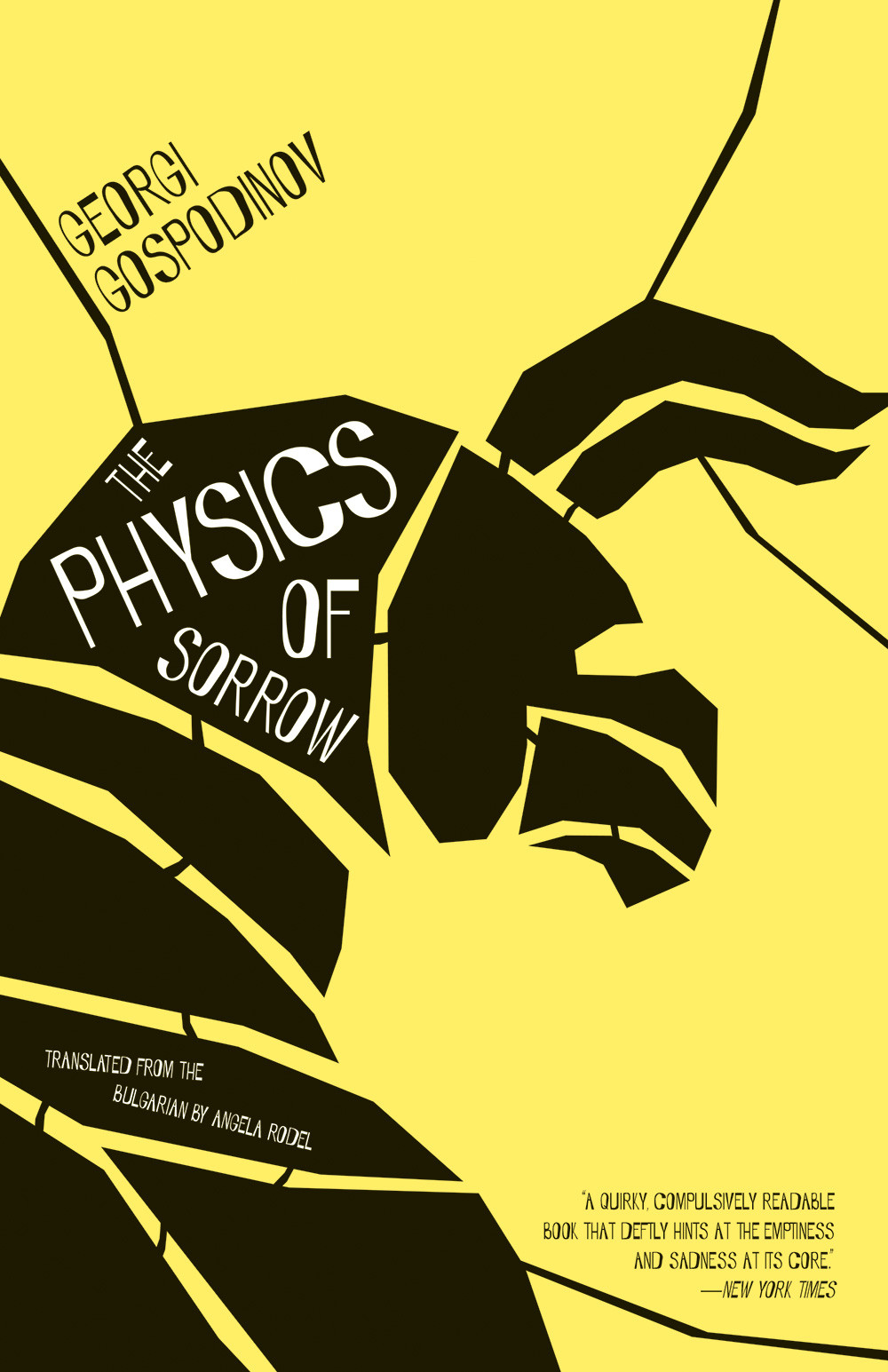

The Physics of Sorrow, Open Letter Books, 2015
The jury of the 2016 Jan Michalski Prize for Literature has rewarded the Bulgarian author Georgi Gospodinov for his work The Physics of Sorrow: a labyrinth-novel, a world-novel, that explores the meanders of individual and collective memory in the search for humanity; a fantastic story chest that is inventive, profound, poetic and philosophical.
Georgi Gospodinov was born in 1968 in Yambol, Bulgaria. He is a novelist, short-story writer, poet, essayist and playwright; a leading author of Bulgarian literature and is amongst the most widely read contemporary authors of his country and the most translated abroad. His work has received many awards. While Lapidarium (1992), his first collection of poetry, was part of the post-communist literary revival, it was Natural Novel (1999) that by revitalising and reinventing the concept of the novel, engendered a strong following in Bulgaria and wide international recognition via its translation into more than twenty languages. The influence of Georgi Gospodinov’s prose was confirmed by his second novel The Physics of Sorrow (2011) that is this year’s winner of the Jan Michalski Prize for Literature: the first printing in its original language was sold out on the first day, and there are numerous translated editions.
The Physics of Sorrow stands out by it formal ingeniousness, providing a fragmented narrative made up of a multitude of stories and thoughts, echoes and leaps, of journeys in time and space but also in the Other, exploring what the human condition in a post-modern age can be, full of doubts and crises.
“I am us”, states the book’s prologue: at the heart of a choral production, the storyteller is multiple, gifted with such empathy that he has the ability to enter lives other than his own. In this way he is both a small boy and his adult self in communist and post-communist Bulgaria from 1968 to 2011, he is also his grandfather as a child in 1925 and his grandfather as a soldier in World War II, he is an animal, vegetable, cloud… he is also the Minotaur, his symbolic alter ego throughout this labyrinth novel.
In the meanders of individual and collective memory, Georgi Gospodinov follows a quest for identity which is also that of a country and of Europe as a whole, because sorrow spreads, sorrow migrates. “This is what I want to write about, this sensation of sorrow, the exhaustion of sense, which, on one hand, may be a painful feeling, but which, on the other hand, can also be a luminous feeling. A sad man is a man who thinks; a sad man is a man who contemplates. I think that when a sorrow is told it becomes more luminous.”
The writer therefore collects random memories, tells tales, myths and adds small personal and family stories to greater history; adds lists, images, schemas, citations and references, that play like the brilliantly orchestrated melody of an encyclopaedia. He relates the story to ward off its obliteration by time, to try to encompass a whole, to link his “self” to other “selves” and to cement empathy for shared humanity. His guiding threads, woven with humour, spirit and poetry, follow each other delightfully in a hymn to the powers of literature. The Physics of Sorrow opens a fascinating story chest bringing to life meanings for one’s self and others, for today and tomorrow, “something like an alternative energy source”, as Georgi Gospodinov hopes.
The winner of the Jan Michalski Prize 2016, Georgi Gospodinov receives an award of CHF 50,000.00 and a work by the Bernese artist Markus Raetz that has been chosen for him: Binocular View, 2001, a photogravure in colour.
photo © Dafinka Stoilova

Physik der Schwermut. Roman
Literaturverlag Droschl, Graz, 2014
Physique de la mélancolie
Intervalles, 2015
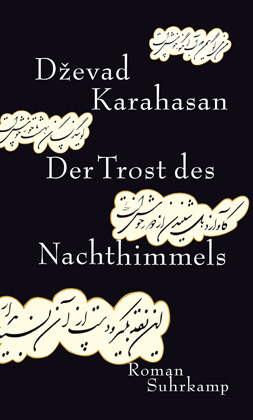
Der Trost des Nachthimmels
Roman in drei Teilen, aus dem Bosnischen von Katharina Wolf-Grießhaber, Suhrkamp Verlag, Berlin, 2016
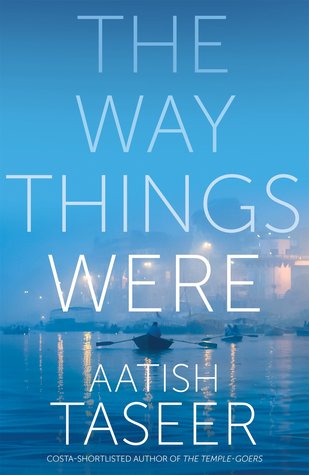
The Way Things Were
Pan Macmillan, London, 2015

Physik der Schwermut. Roman
Literaturverlag Droschl, Graz, 2014
Physique de la mélancolie
Intervalles, 2015

Der Trost des Nachthimmels
Roman in drei Teilen, aus dem Bosnischen von Katharina Wolf-Grießhaber, Suhrkamp Verlag, Berlin, 2016

The Way Things Were
Pan Macmillan, London, 2015
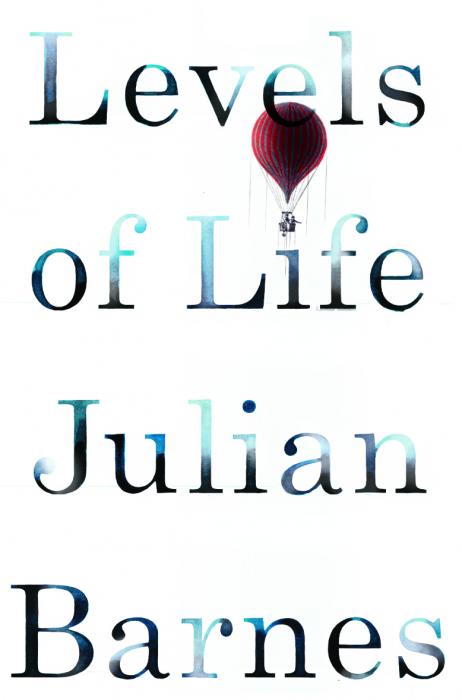
Levels of Life
Jonathan Cape, London, 2013

Ungläubiges Staunen. Über das Christentum
C.H. Beck Verlag, München, 2015

Physik der Schwermut. Roman
Literaturverlag Droschl, Graz, 2014
Physique de la mélancolie
Intervalles, 2015

Der Trost des Nachthimmels
Roman in drei Teilen, aus dem Bosnischen von Katharina Wolf-Grießhaber, Suhrkamp Verlag, Berlin, 2016

The Way Things Were
Pan Macmillan, London, 2015

Levels of Life
Jonathan Cape, London, 2013

Ungläubiges Staunen. Über das Christentum
C.H. Beck Verlag, München, 2015
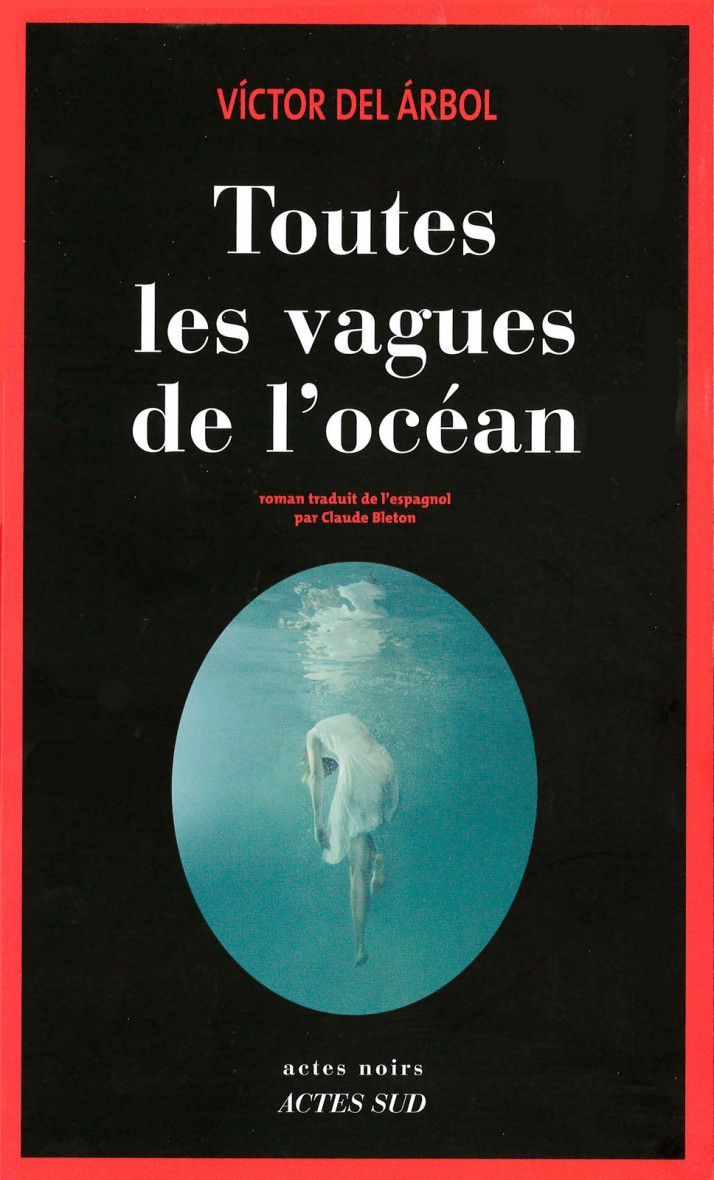
Toutes les vagues de l’océan
Actes Sud, Arles, 2015
Proposed by
Vera Michalski-Hoffmann
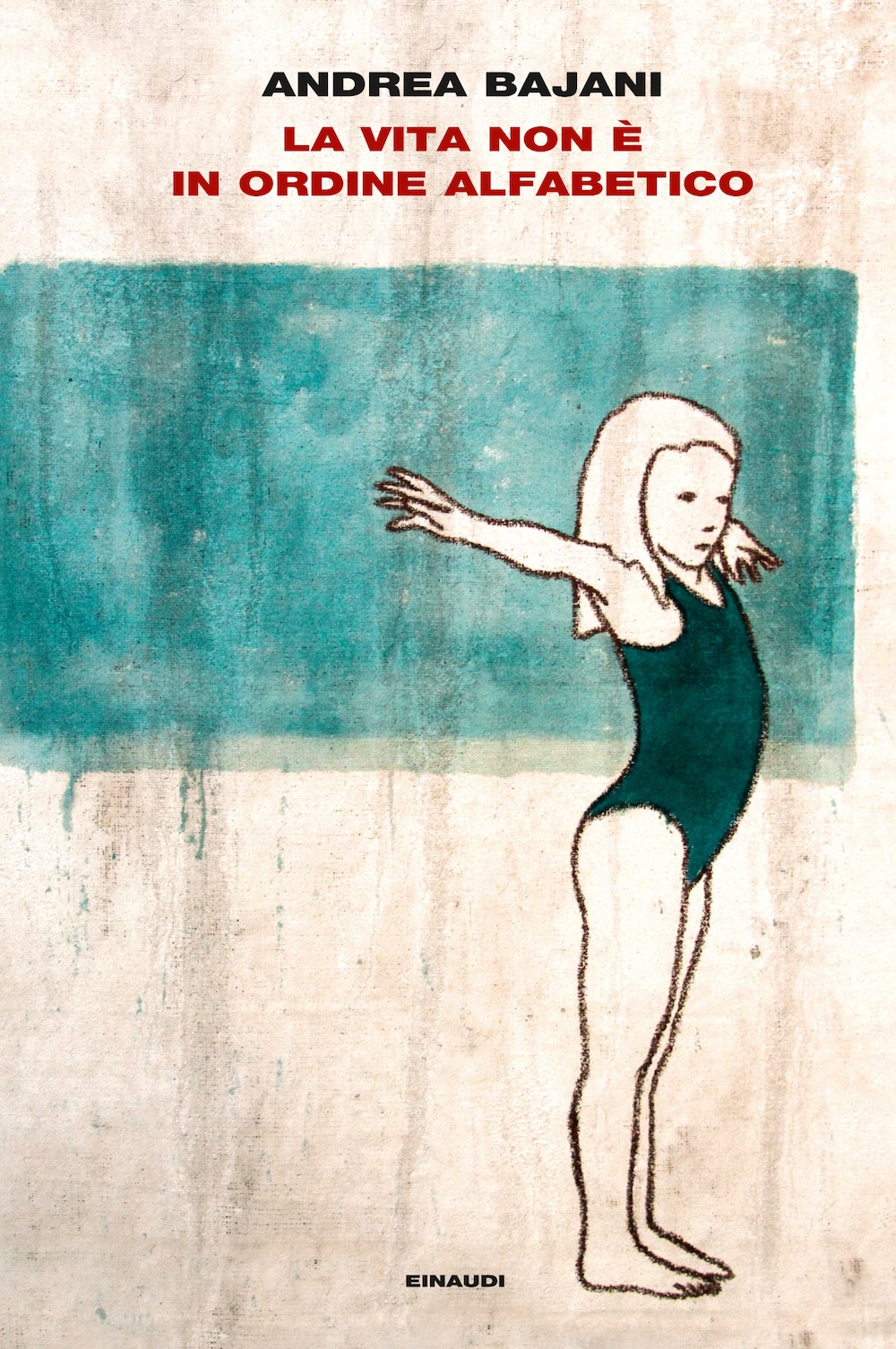
La vita non è in ordine alfabetico
Einaudi, Torino, 2014
Proposed by Cees Nooteboom
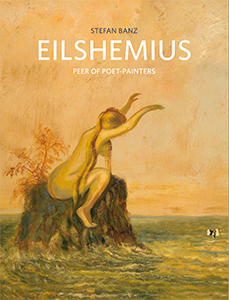
Louis Michel Eilshemius, Peer of Poet-Painters
JRP / Ringier, Zürich, 2015
Proposed by Ugo Rondinone
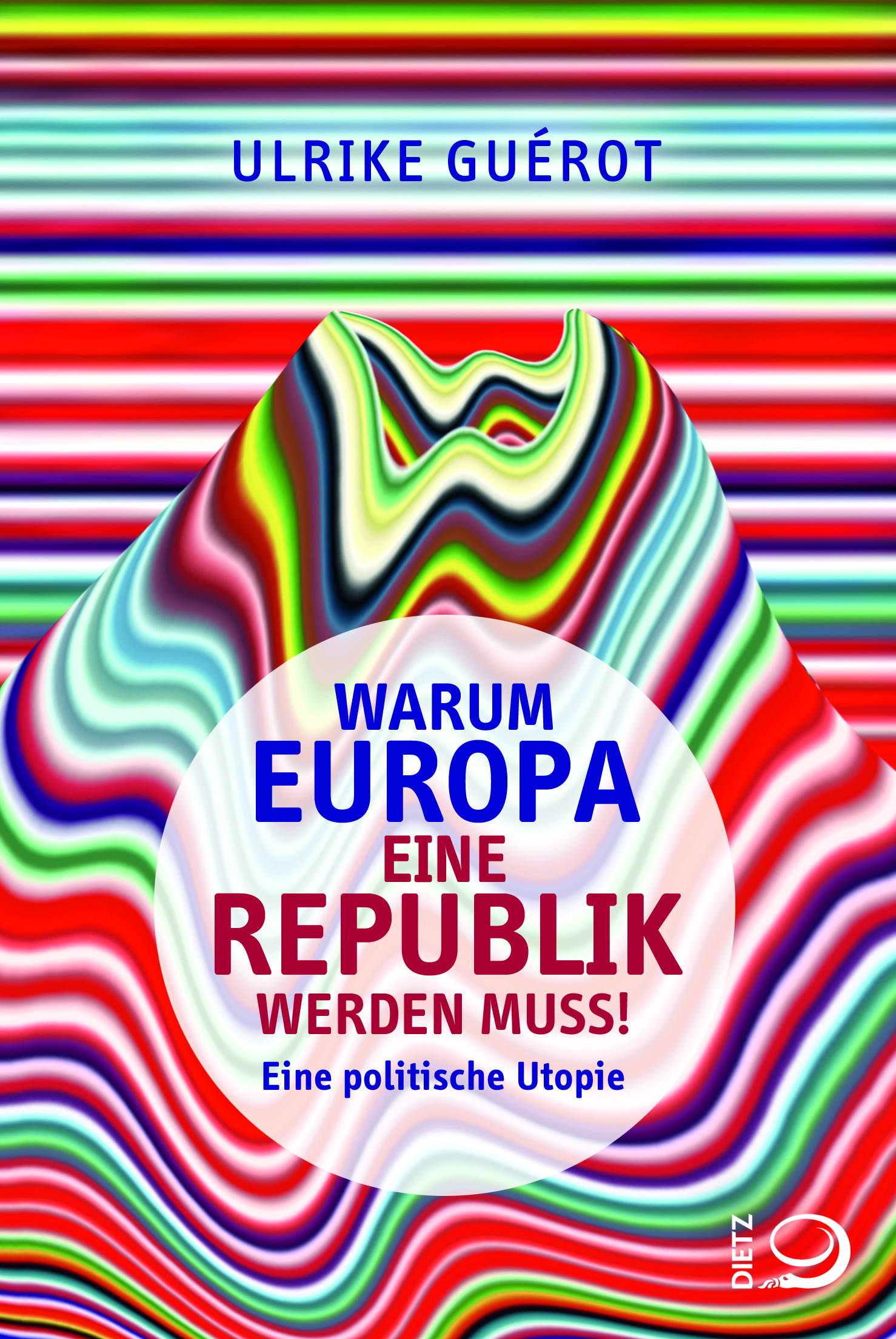
Ulrike Guérot
Warum Europa eine Republik werden muss! Eine politische Utopie
Dietz Verlag, Berlin, 2016
Proposed by Robert Menasse
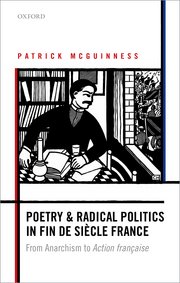
Patrick McGuinness
Poetry and Radical Politics in fin de siècle France, From Anarchism to Action française
Oxford University Press, 2015
Proposed by Charles Dantzig
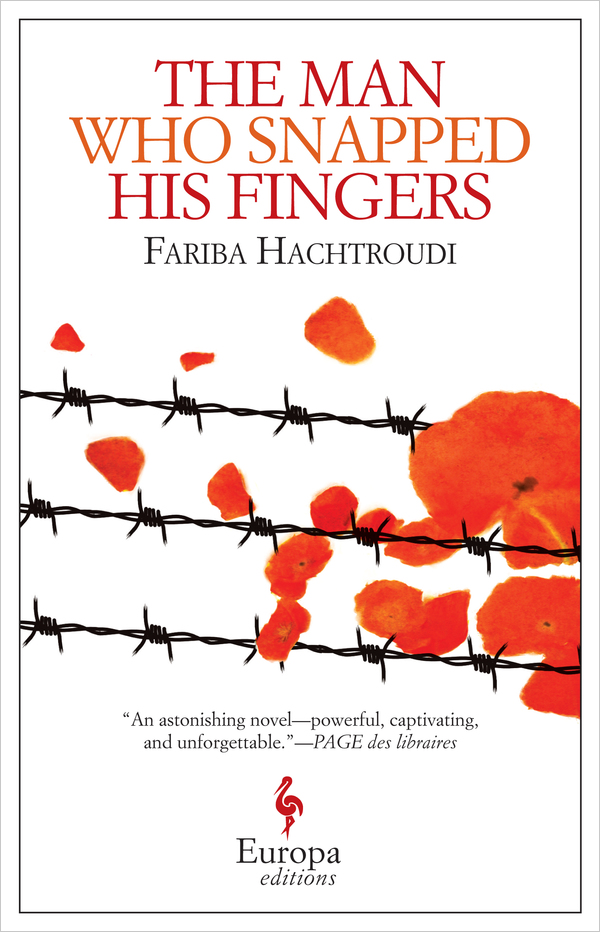
Fariba Hachtroudi
The Man Who Snapped His Fingers
Europa Editions, New York, 2016
Proposed by Shashi Tharoor
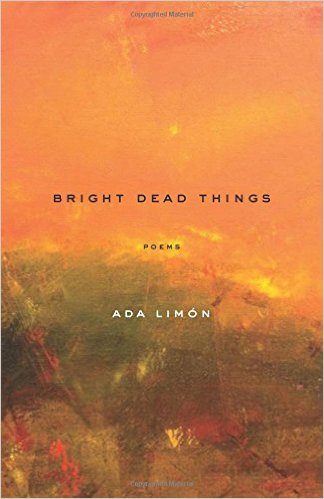
Ada Limón
Bright Dead Things. Poems
Milkweed Editions, Minneapolis, 2015
Proposed by Ugo Rondinone
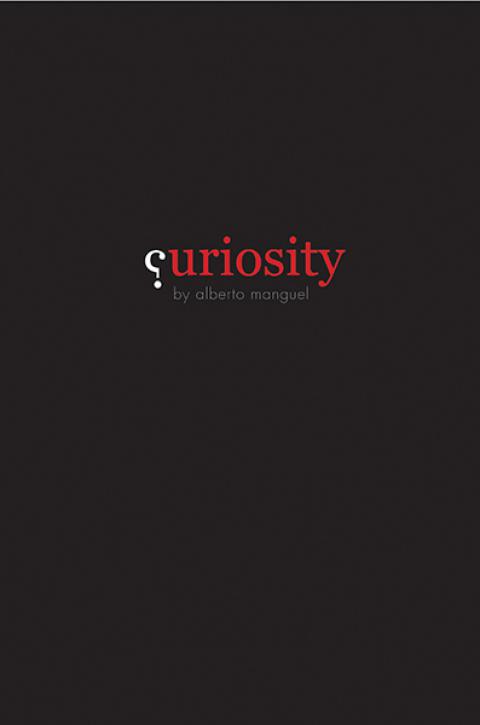
Curiosity
Yale University Press, 2015
Proposed by Charles Dantzig and Cees Nooteboom
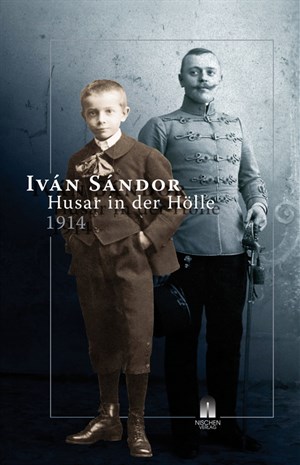
Husar in der Hölle
Nischen Verlag, Wien, 2014
Proposed by Robert Menasse
